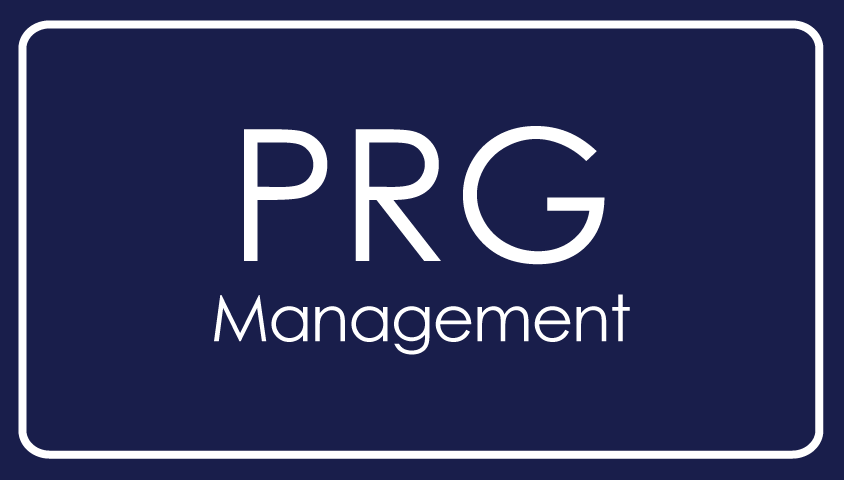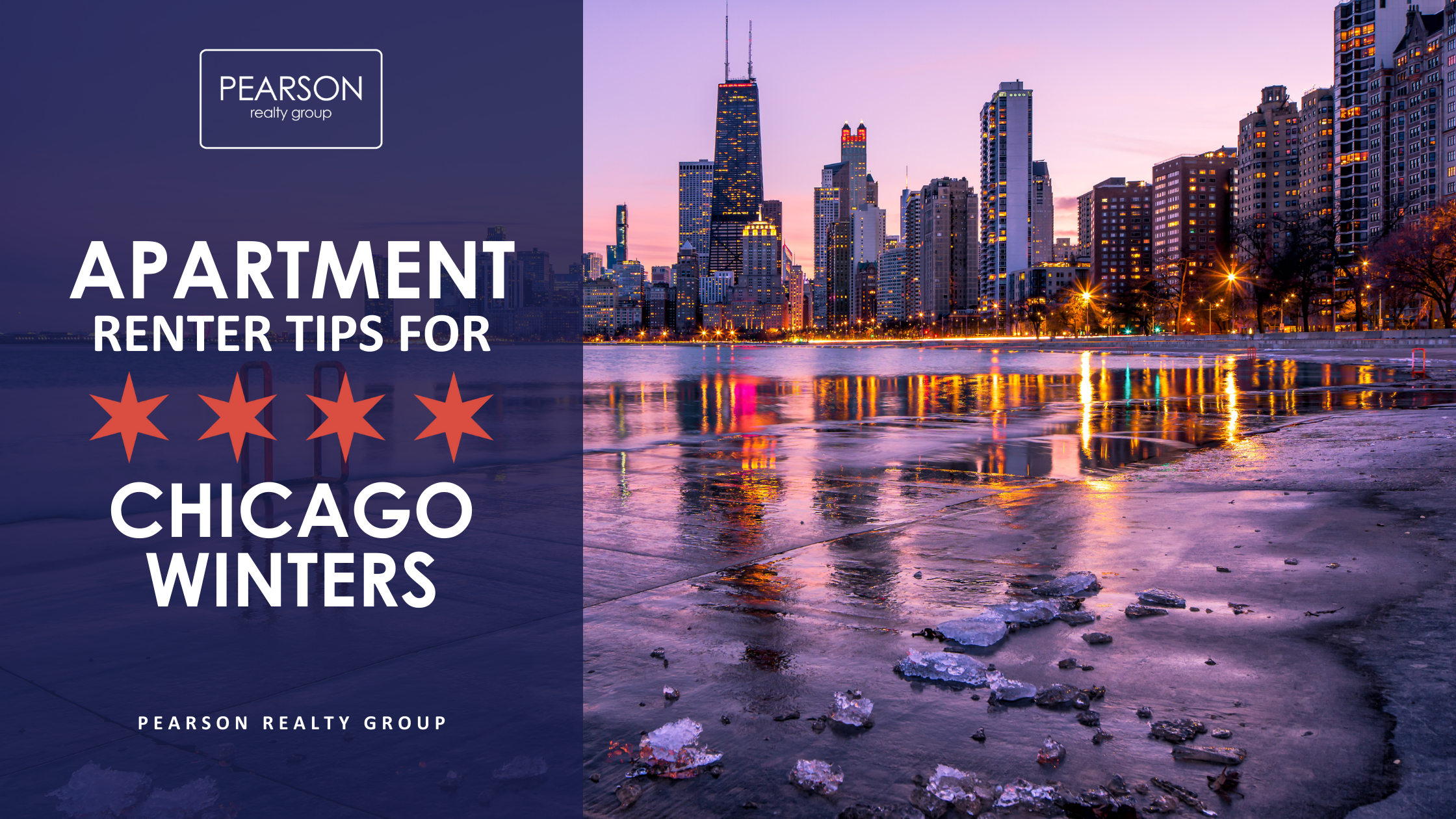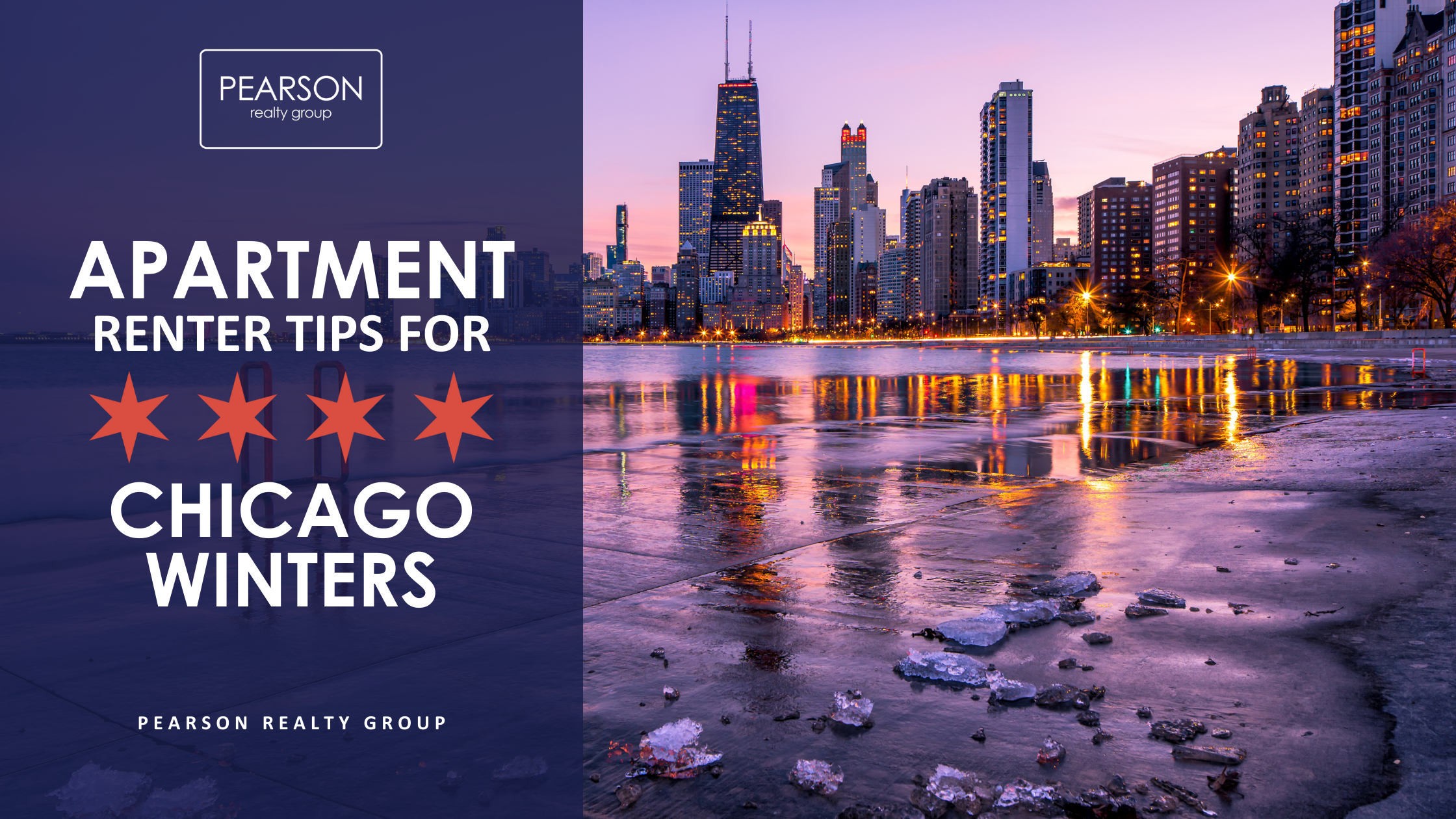In giant metropolitan areas like Chicago, property management is an enormous industry. From completely managing entire 100+ unit buildings to working with more niche luxury multi-unit properties - there’s no shortage of owners looking for help with their properties. The ultimate goal of PRG Management is to ease the stress of owners, increase the profitability of the building, and maintain (or upgrade) the existing structures, and that’s just the beginning.
Lately, we’ve been taking on some new clients at some buildings that have never had a property manager before. This exciting change for the residents/owners comes with its own unique set of questions. Most of the time these are pretty standard but unless you deal with a management company, it’s not something you typically think a lot about. So we sat down with a PRG Management Property Manager, Payton Dalessandro to discuss some of the basics of the duties and responsibilities that come with being a top Chicago property manager.
Question: What do property managers do? And why do I need one?
Answer: We manage a property's daily processes and operations on behalf of the owner. A quality property manager will make the operations more successful and have an extensive repertoire of highly effective vendors for your disposal.
Question: What type of managerial services do you offer?
Answer: Rent collection, building maintenance, property turnover, preventing future issues, and coordinating proper vendors for property improvement are just a couple of the services we offer.
Question: What type of properties do you manage?
Answer: Everything basically, from single-family houses to residential multi-units (1-4 units) to commercial buildings upwards of 150 units, commercial office spaces, and commercial shopping centers. Any property that could benefit from management we manage, and that is most properties. We don't work in any land or trailer parks, although I am not opposed to it.
Question: How soon can you start managing a property?
Answer: We prefer at least 30 days' notice to properly coordinate with the previous management company/owner/tenants, but we have managed buildings with much less noticeable in some specific cases.
Question: There’s an after-hours emergency, what do I do?
Answer: Let's answer this question in a couple of ways.
The tenant would call our specially designated emergency hotline.
The property manager would assess the situation based on the information given and coordinate with an emergency service to head to the property if needed.
If deemed applicable, the owner will go to the property to address the immediate emergency.
Question: How do you handle rent collection?
Answer: If rent is not received within five days of when it is due, I will reach out to the tenants and figure out why the rent is not being paid. If it is an income issue, we will work with them to provide a payment plan to help them get caught up by the end of the month. If it is a noncompliance issue, we will immediately serve a five-day notice; if not, we will evict the tenant.
Question: Typically, what are the minimum requirements for tenants?
Answer: Income, credit history, credit score, previous landlord references, and household income are a few things we consider. It is all neighborhood and property dependent; we take each applicant on a case-by-case basis. We choose the best applicant based on what would be best for the property and who would have the highest chance of being quality tenants and paying rent.
Question: What makes PRG Management different than other Chicagoland property management companies?
Answer: What separates PRG from other management companies is the amount of care we put into every one of our properties. Each property manager understands what is best for the property owner and tenants. Through this, we make suggestions best on how we believe we should handle the property, what improvements can be made to increase cash flow for owners, and quality of life and service for tenants. Through our communication skills, we effectively address issues keeping tenants happy and use qualified, reasonably priced contractors to fix any problems that come up in the property with excellent quality for a reasonable price.
Question: How and when do you file for a tenant's eviction?
Answer: The answer to this is very situation-specific and generally judged on a case-by-case basis. If a tenant has unexpected costs, we will work with them to set up payment plans and rental assistance. If a tenant loses their job or something like that, the first plan of attack is always rental assistance for the tenant. If a tenant is just refusing to pay, we file for eviction immediately. Ultimately if they are trying to pay rent, we will do our best to help them afford the property. If they absolutely cannot afford the property or refuse to pay, we try to convince the tenant to leave, and if they don’t, we file for eviction as fast as possible.
Question: Will I ever get the money after a tenant is evicted?
Answer: Yes, in many cases, property owners have been awarded settlements through rental assistance programs after evictions, as well as some tenants paying past due balances or setting up payments and plans to pay past due balances.
Question: How do you find tenants for my property?
Answer: We list properties through a multitude of different platforms. Zillow and apartments.com are truly rental hotspots, as well as many other smaller websites that we utilize. Many agents promote reminders to their extensive client base and use numerous posts on personal/business social media accounts and neighborhood groups.
As you can see, having a property management company assist in running your building or property can be extremely beneficial to the owners, tenants, board, and generally everyone involved in the building. This means more accountability, more check & balances, and more longterm property financial security for everyone involved in the building property.
While the city certainly has a larger population of owners that require our services we also manage dozens of properties all around the surrounding Chicago suburbs. So feel free to browse Our Services sections to view the full scope of work that PRG Management is capable of taking on for your Chicagoland building. If you have any other specific questions about Chicago property management, rentals, or homeowner’s associations feel free to call or email us anytime!




















